Signs of the Times • 23 June 2016 • No. 78
¶ Processional. “Siyahamb’ e-kukhanyen’ kwenkhos" (“We are marching in the light of God”), Oração popular da África do Sul.
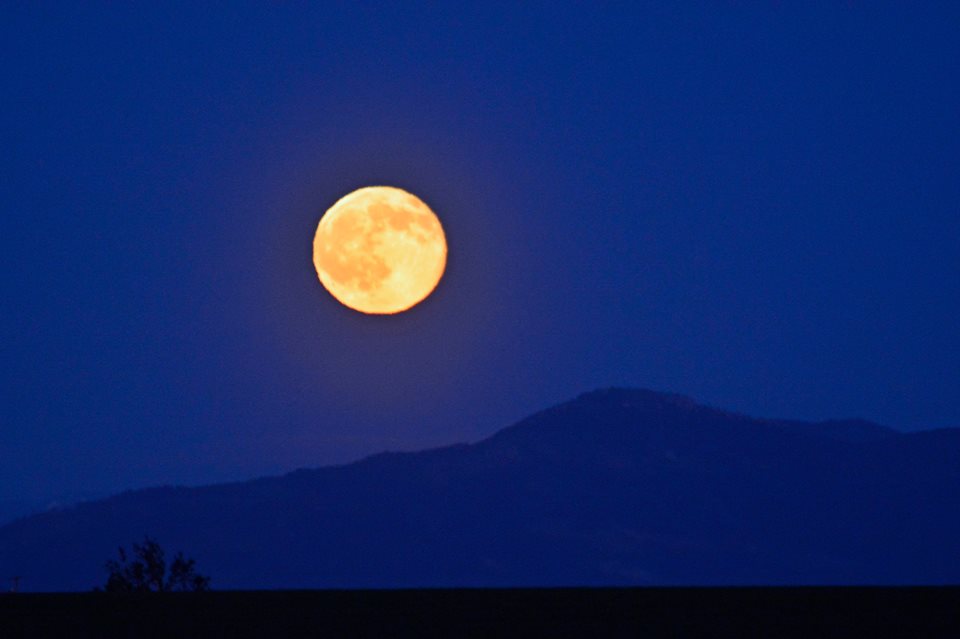
Above: Strawberry Moon Over Yellowstone-Full Moon on Summer Solstice. Photo by Bruce Gourley.
¶ Invocation. “Dance me to your beauty with a burning violin / Dance me through the panic 'til I'm gathered safely in / Lift me like an olive branch and be my homeward dove / Dance me to the end of love.” —Leonard Cohen's "Dance Me to the End of Love" performed by Madeleine Peyroux (Thanks Mark.)
A special issue on
July 4th, US Independence Day
¶ Call to worship. “Be forewarned, you nation of frivolous piety: / You who turn the Most High God into a mascot for your charade of innocence while deceitfully invoking the Sovereign’s blessings on your affairs. / Let there be no 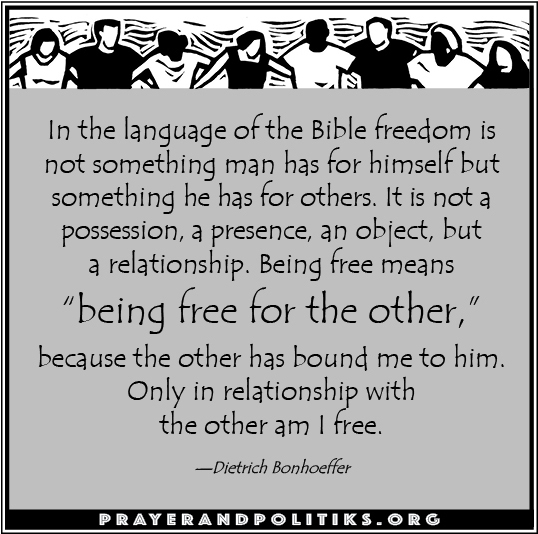 more God bless America, for your hands are full of blood.” —continue reading Ken Sehested’s “Nation of frivolous piety,” a litany for worship on patriotic occasions
more God bless America, for your hands are full of blood.” —continue reading Ken Sehested’s “Nation of frivolous piety,” a litany for worship on patriotic occasions
¶ Liberty Bell history. “There are four great ironies behind the ‘Liberty Bell,’ associated with the founding convictions of the United States of America and inscribed with the phrase ‘Proclaim Liberty throughout the land and unto the inhabitants thereof.’” —continue reading Ken Sehested’s “Proclaim liberty throughout the land: History of the Liberty Bell”
¶ Oligarchy rising. A new study by political scientists Martin Gilens and Benjamin Page concludes “that rich people and organizations representing business interests have a powerful grip on U.S. government policy. After examining differences in public opinion across income groups on a wide variety of issues, the researchers found that the preferences of rich people had a much bigger impact on subsequent policy decisions than the views of middle-income and poor Americans. Indeed, the opinions of lower-income groups, and the interest groups that represent them, appear to have little or no independent impact on policy.” —John Cassidy, The New Yorker
¶ In July 2015 Former US President Jimmy Carter, on the national syndicated radio broadcast “Tom Hartmann Program,” said the US is now an “oligarchy” in which “unli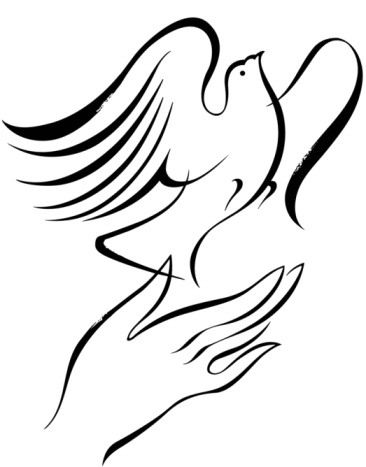 mited political bribery” has created “a complete subversion of our political system as a payoff to major contributors.” —Jon Schwarz, The Intercept
mited political bribery” has created “a complete subversion of our political system as a payoff to major contributors.” —Jon Schwarz, The Intercept
¶ Hymn of praise. “This Land Is Your Land,” Woody Guthrie.
¶ A collection of quotes on “freedom” and its many—often competing—meanings.
§ “Of all the enemies to public liberty war is, perhaps, the most to be dreaded, because it comprises and develops the germ of every other. War is the parent of armies; from these proceed debts and taxes; and armies, and debts, and taxes are the known instruments for bringing the many under the domination of the few. No nation could preserve its freedom in the midst of continual warfare.” —James Madison, considered the “father” of the U.S. Constitution and fourth president of the US, in "Political Observations" (1795)
§ “We are willing enough to praise freedom when she is safely tucked away in the past and cannot be a nuisance. In the present, amidst dangers whose outcome we cannot foresee, we get nervous about her, and admit censorship.” —E.M. Forster (1879–1970), British novelist, essayist
§ “Unlike most countries, we have no overt national religion; but a partly concealed one has been developing among us for two centuries now. A religion of the self burgeons, under many names, and seeks to know its own 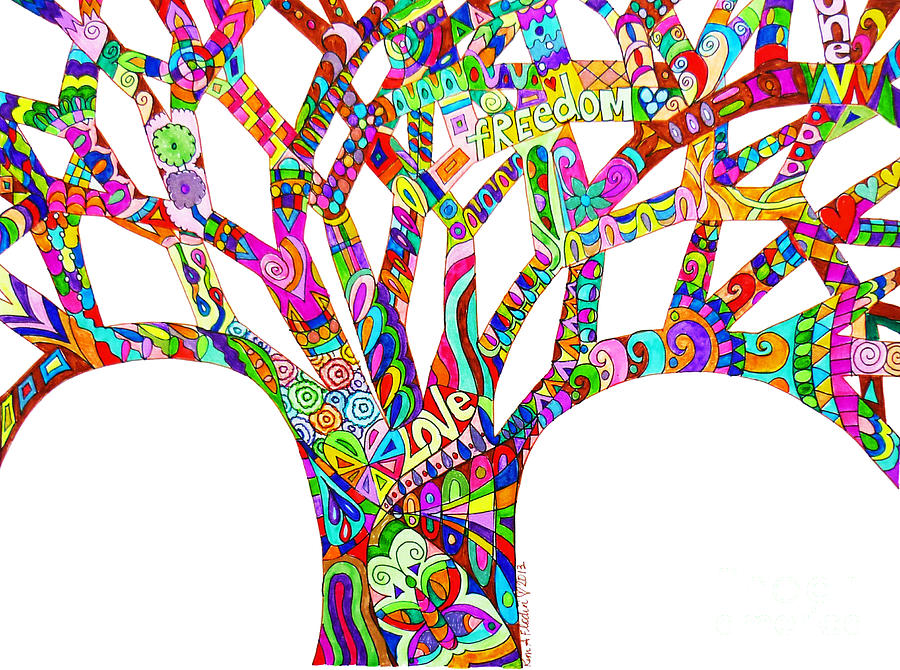 inwardness, in isolation. What the American self has found, since about 1800, is its own freedom—from the world, from time, from other selves.” —Harold Bloom, The American Religion
inwardness, in isolation. What the American self has found, since about 1800, is its own freedom—from the world, from time, from other selves.” —Harold Bloom, The American Religion
Left: "Freedom Tree" by Kim A. Flodin, kelekilove.com.
¶ Confession. “Having bought truth dear, we must not sell it cheap, no not the least grain of it for the whole world.” —colonial pastor Roger Williams
§ “It must now be obvious that we cannot live in a free, pluralistic society, enjoying our CD players and eating at Burger King and driving cars from every point on the globe without realizing that there must be a cost for such freedom. . . .” —letter to the editor, Memphis (TN) Commercial Appeal, shortly after the 1991 Gulf War
§ “Our country has always held freedom in high regard, though these days the concept seems more likely championed by people who feel oppressed by their cell phone plan.” —Becky Upham, in “Hank III,” ashevillescene.com
§ “Altruism is incompatible with freedom, with capitalism, and with individual rights. One cannot combine the pursuit of happiness with the moral status of a sacrificial animal.” For her, the Great Commandment to love your neighbor is tantamount to “moral cannibalism.” —Ayn Rand, novelist and philosopher, The Virtue of Selfishness. US House of Representatives Speaker Paul Ryan credits Rand’s writing with his entry into political life.
¶ Words of assurance. “I will lay this burden down / That I have carried for so long / My own hand placed this mark upon my brow / Don’t need to wear it now / I will water this thirsty heart / With tears of healing rain / I’ll learn to lay 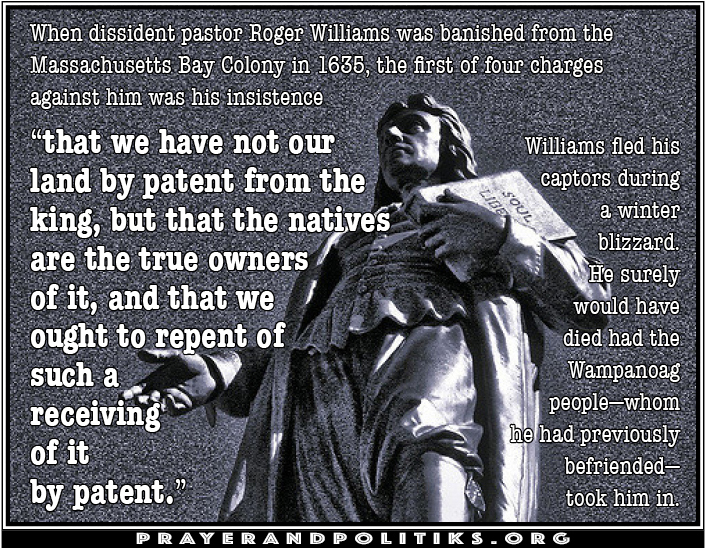 this burden down / And never shoulder it again / Never again.” —Aoife O'Donovan and Childsplay, "Tears of Healing Rain/ After the Rain"
this burden down / And never shoulder it again / Never again.” —Aoife O'Donovan and Childsplay, "Tears of Healing Rain/ After the Rain"
§ “We know the road to freedom has always been stalked by death.” —Angela Y. Davis
§ “The vocation of humans is to enjoy their emancipation from the power of death wrought by God’s vitality in this world. The crown of life is the freedom to live now, for all the strife and ambiguity and travail, in the imminent transcendence of death, and all of death’s threats and temptations. That is the gift of God in Christ’s Resurrection.” —William Stringfellow
§ “The state can't give you freedom, and the state can't take it away. You're born with it, like your eyes, like your ears. Freedom is something you assume, then you wait for someone to try to take it away. The degree to which you resist is the degree to which you are free.” —Utah Phillips, labor organizer, folk singer, storyteller, poet and Christian pacifist
¶ Hymn of intercession. “Freedom,” Richie Havens, improvising “Motherless Child” at Woodstock 1969.
§ “One can hope . . . that the new concern for “spirituality” that has gripped many of our contemporaries is more than just a bourgeois extension of fashionable value-prioritizing rhetoric—that is contains within itself some 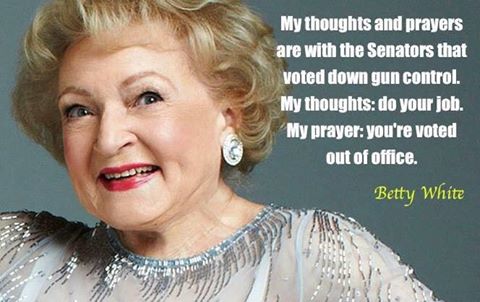 intuitive awareness of the need for genuine transcendence if we are to survive the self-destructive propensities of our so-called freedom.” —Canadian theologian Douglas John Hall
intuitive awareness of the need for genuine transcendence if we are to survive the self-destructive propensities of our so-called freedom.” —Canadian theologian Douglas John Hall
§ “As the British political philosopher Isaiah Berlin wrote: 'Freedom for the pike is death for the minnow.' In the absence of protections for the weak and the vulnerable, free markets can lead to oppression just as surely as unjust governments. . . .
“Freedom? Always ask, for whom?” —George Monbiot, “This bastardised libertarianism makes 'freedom' an instrument of oppression,” The Guardian
§ “I know that sound . . . it’s the sound of freedom.” —comment in a speech by Sen. John McCain, Republican presidential candidate in 2008, during the annual motorcycle rally in Sturgis, S.D. in response to the roar of motorcycle engines revved in his support
§ What to the Slave is the Fourth July? “Had I the ability, and could I reach the nation’s ear, I would today pour out a fiery stream of biting ridicule, blasting reproach, withering sarcasm, and stern rebuke. For it is not light that is needed, but fire; it is not the gentle shower, but thunder. We need the storm, the whirlwind, and the earthquake." —Frederick Douglass, 5 July 1852. Listen to James Earl Jones read Douglass’ famous address.
§ “America is beyond power, it acts as in a dream, as a face of God. Wherever America is, there is freedom, and wherever America is not, madness rules with chains, darkness strangles millions. Beneath her patient bombers, 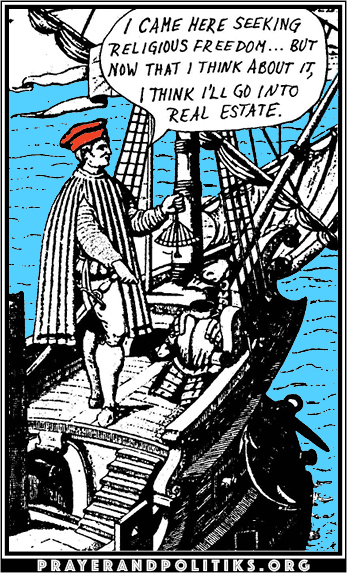 paradise is possible.” —John Updike, Rabbit Redux
paradise is possible.” —John Updike, Rabbit Redux
¶ Hymn of exhortation. “Oh Freedom!” The Golden Gospel Singer.
§ “Government should protect every man in thinking and speaking freely, and see that one does not abuse another. The liberty I contend for is more than toleration. The very idea of toleration is despicable; it supposes that some have a pre-eminence above the rest to grant indulgence, whereas all should be equally free, Jews, Turks, Pagans and Christians. . . . Let every man speak freely without fear, worship according to his own faith, either one God, three Gods, no God, or twenty Gods.” —Baptist pastor John Leland, in 1790, when many states had an established church
§ “The moment we choose love, we begin to move toward freedom.” —bell hooks
§ “An enormous conflict between words and deeds is prevalent today: everyone talks about freedom, democracy, justice, human rights, about peace and saving the world from nuclear apocalypse; and at the same time, everyone, more or less, consciously or unconsciously, serves those values and ideals only to the extent necessary to serve himself and his “worldly” interests.” —Vaclav Havel, Czech writer and statesman
§ “Sometimes it seem like to tell the truth today is to run the risk of being killed. But if I fall, I'll fall five feet four inches forward in the fight for freedom. I'm not backing off.” —sharecropper and civil rights activist Fannie Lou Hamer
§ “The great enemy of freedom is the alignment of political power with wealth. This alignment destroys the commonwealth—that is, the natural wealth of localities and the local economies of household, neighborhood, and community — and so destroys democracy, of which the commonwealth is the foundation and practical means.” —Wendell Berry
¶ Preach it. “Economically, freedom has come to mean resisting any restraint to the penetration and control of 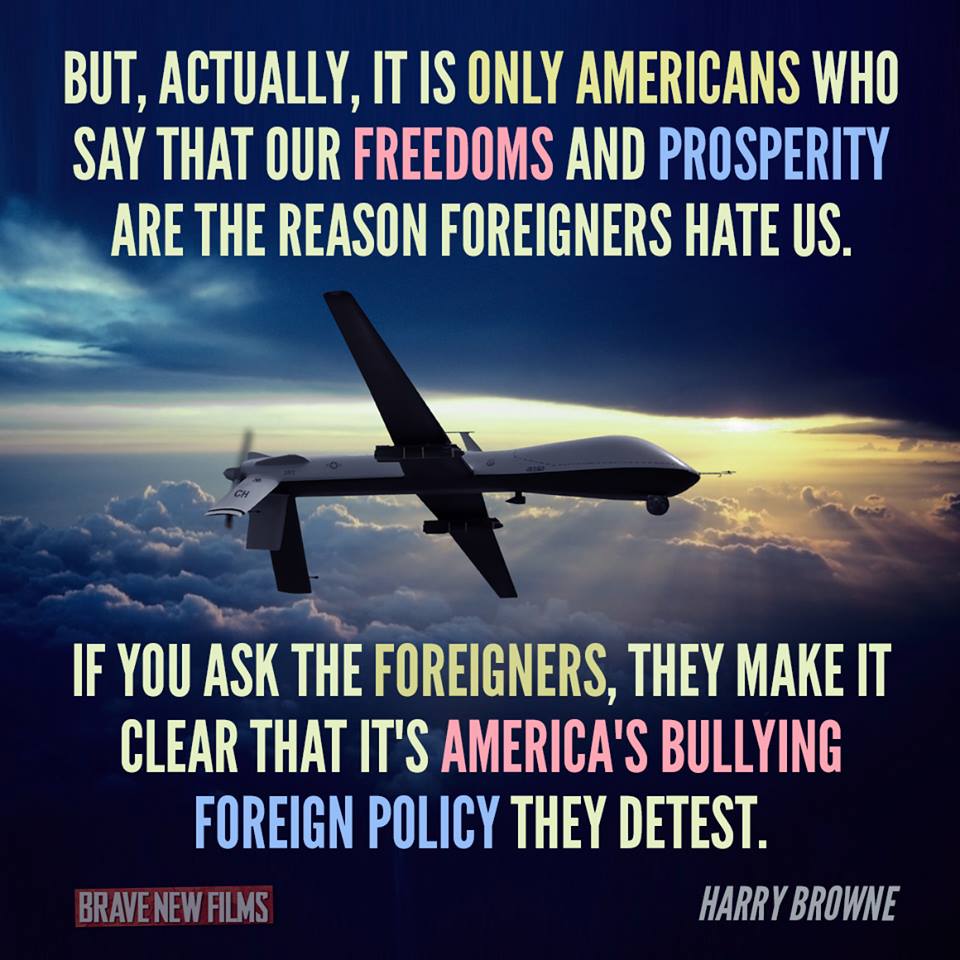 other countries’ economies under the guise of free trade.
other countries’ economies under the guise of free trade.
"Politically, freedom means virtually unlimited corporate investment in elections, bringing new realism to the phrase “the best politicians money can buy.”
"Militarily, freedom is now associated with the US policy of preemptive war as articulated in the 2002 National Security Strategy, bypassing even the appearance of just war reasoning and further distancing the president’s war-making capacity from congressional control.
"And, in the church, freedom language has come to mean don’t ask me to make commitments." —Ken Sehested
¶ Call to the table. “Let all who are dispossessed return home. / Let all who wander find welcome at the table. / Let all who hunger for liberation / come and eat.” —Rabbi Brant Rosen, excerpt from a Passover prayer
¶ Altar call. “After fleeing Pharaoh’s slavery through / the Red Sea’s baptism, the people of the / Most High assembled in covenant assembly / at the mountain of promise for instruction / in freedom’s demands. / Abandon every god of metal: / whether nation or spear or bandolier, / each Tomahawk and Trident, / every nuclear racketeer. / Do not sanction your vengeance by / the Name of the Beloved. / Border the harvest of your production / with fallow sabbath rest. / Not all of life can be monetized.” —continue reading Ken Sehested’s “Instruction on freedom’s demands”
¶ Benediction. “Fear of God is not cowering, frightened intimidation. Those who fear God are not wimps and are not preoccupied with excessive need to please God. They are rather those who have arrived at a fundamental vision of reality about life with God, who have enormous power, freedom, and energy to live out that vision. Fear of God is liberating and not restrictive, because it gives confidence about the true shape of the world.” —Walter Brueggemann
¶ Recessional. “E Te Atua” (translated from the Maori language as "ancestor with a continuing influence," sometimes as "God") performed by the Dilworth School Fortissimo Choir.
¶ Just for fun. Take a ride on this 736 meter (nearly half a mile) slide in the Swiss Alps near Kandersteg. (1:24)
# # #

Featured this week on prayer&politiks:
• “Proclaim liberty throughout the land: History of the Liberty Bell”
• “Nation of frivolous piety,” a litany for worship on patriotic occasions
• “Proclaim Liberty,” a litany for worship around US Independence Day
• “Instruction on freedom’s demands,” a litany for worship
©Ken Sehested @ prayerandpolitiks.org. Language not otherwise indicated above is that of the editor. Don’t let the “copyright” notice keep you from circulating material you find here (and elsewhere in this site). Reprint permission is hereby granted in advance for noncommercial purposes.
Your comments are always welcomed. If you have news, views, notes or quotes to add to the list above, please do. If you like what you read, pass this along to your friends. You can reach me directly at kensehested@prayerandpolitiks.org.



 more God bless America, for your hands are full of blood.” —continue reading Ken Sehested’s “
more God bless America, for your hands are full of blood.” —continue reading Ken Sehested’s “ mited political bribery” has created “a complete subversion of our political system as a payoff to major contributors.” —
mited political bribery” has created “a complete subversion of our political system as a payoff to major contributors.” — inwardness, in isolation. What the American self has found, since about 1800, is its own freedom—from the world, from time, from other selves.” —Harold Bloom, The American Religion
inwardness, in isolation. What the American self has found, since about 1800, is its own freedom—from the world, from time, from other selves.” —Harold Bloom, The American Religion this burden down / And never shoulder it again / Never again.” —Aoife O'Donovan and Childsplay, "
this burden down / And never shoulder it again / Never again.” —Aoife O'Donovan and Childsplay, " intuitive awareness of the need for genuine transcendence if we are to survive the self-destructive propensities of our so-called freedom.” —Canadian theologian Douglas John Hall
intuitive awareness of the need for genuine transcendence if we are to survive the self-destructive propensities of our so-called freedom.” —Canadian theologian Douglas John Hall paradise is possible.” —John Updike, Rabbit Redux
paradise is possible.” —John Updike, Rabbit Redux other countries’ economies under the guise of free trade.
other countries’ economies under the guise of free trade.